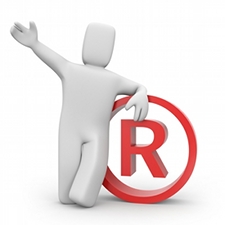 Apple acquired partial European trademark rights to the word “lightning” from motorcycle maker Harley-Davidson’s intellectual property unit, H-D Michigan, LLC, according to public filings with the European Union’s trademark and design unit (see below), and a blog post by Patently Apple.
Apple acquired partial European trademark rights to the word “lightning” from motorcycle maker Harley-Davidson’s intellectual property unit, H-D Michigan, LLC, according to public filings with the European Union’s trademark and design unit (see below), and a blog post by Patently Apple.
Apple uses the term Lightning to describe its proprietary connection interface for iPhone, iPad, iPod, and iTouch devices that were introduced starting in September 2012.
The trademark update, however, currently applies only in the EU, although it seems likely that Apple and H-D also negotiated for the transfer of certain U.S. trademark rights to the word mark.
The H-D unit filed a trademark registration on January 1, 1995, with the U.S. Patent and Trademark Office for “motorcycles and structural parts therefore,” and was awarded trademark registration by the USPTO for the word mark nearly 2.5 years later on June 3, 1997.

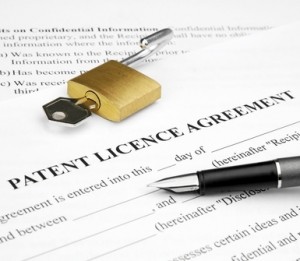
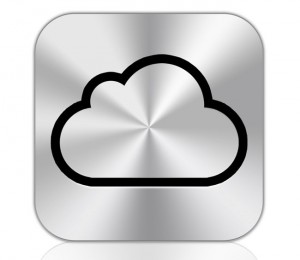 On Friday, a California company called Innovative Automation LLC
On Friday, a California company called Innovative Automation LLC  Apple must pay more than $368 million in damages to VirnetX Inc. according to a jury verdict returned in federal court yesterday (see it below). The same day the verdict was reached, VirnetX and Science Applications International Corporation
Apple must pay more than $368 million in damages to VirnetX Inc. according to a jury verdict returned in federal court yesterday (see it below). The same day the verdict was reached, VirnetX and Science Applications International Corporation 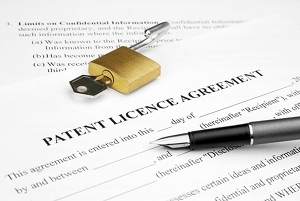 A federal court dismissed
A federal court dismissed 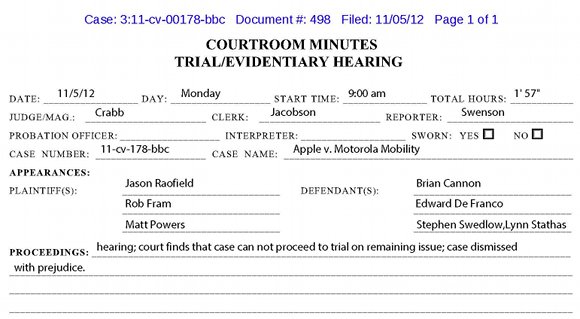
 After three years, language-learning software company
After three years, language-learning software company  Last week, on October 26, Kickflip, Inc. (doing business as, and hereinafter referred to as, Gambit)
Last week, on October 26, Kickflip, Inc. (doing business as, and hereinafter referred to as, Gambit) 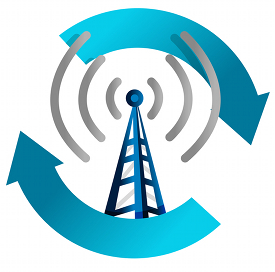 On Monday, Apple filed an
On Monday, Apple filed an 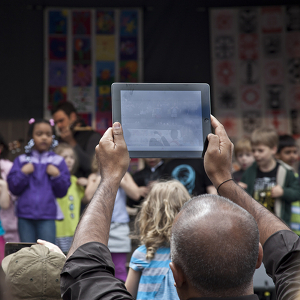
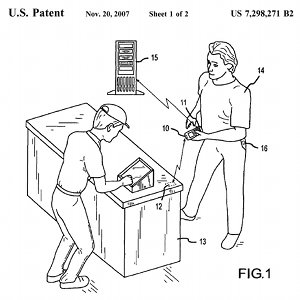 According to a new infringement lawsuit filed Tuesday in federal court (read it below), the
According to a new infringement lawsuit filed Tuesday in federal court (read it below), the